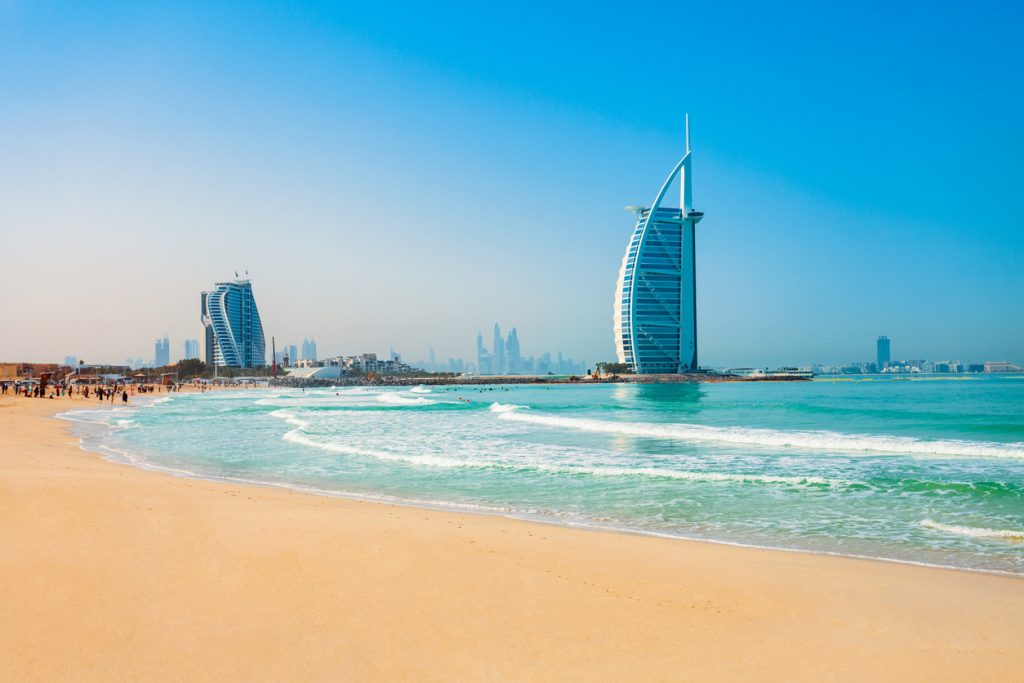Setting up a company in Dubai requires a detailed understanding of the legal framework and the business licences that regulate economic activity in this dynamic emirate. Choosing the right licence not only ensures regulatory compliance, but also influences the operational structure, the possibilities for expansion and the perception of the business by customers and investors, specialised law firms can help here. This article breaks down the main types of licences available and offers keys to making informed decisions that optimise business success in Dubai.
Commercial licences: the engine of commerce in Dubai
The commercial licence is essential for activities related to the purchase, sale and distribution of goods. Companies in sectors such as import-export, wholesale distribution and retail often opt for this modality, which allows them to operate both in the local market and in the Gulf Cooperation Council region. Through the economic authority of Dubai, it is possible to register several activities under a single licence, facilitating diversification. However, it is crucial to verify the specific regulations for certain products subject to additional requirements, such as quality certifications or safety permits.
Industrial licences: key for manufacturing and production
The industrial licence is mandatory for companies engaged in the manufacturing, assembly or processing of raw materials. This type of licence, issued by the Department of Economic Development and other regulatory bodies, requires compliance with strict sustainability, safety and quality standards. Dubai's industrial zones, such as Jebel Ali, offer tax incentives and tariff exemptions, positioning this emirate as a strategic point for production and export to international markets.
Professional licences: the value of knowledge and experience
Companies or individuals offering services based on specialised knowledge, such as consultancy, education, design or technology, must obtain a professional licence. This type of licence not only guarantees the experience and credentials of the applicant, but also allows for 100% foreign ownership, a significant advantage for entrepreneurs and small businesses. In addition, this type of licence is often accompanied by tax benefits in free zones, such as Dubai Internet City or Dubai Knowledge Park, where innovation and entrepreneurship are encouraged.
Free zone licences: advantages for foreign investment
The free zones in Dubai are an attractive option for international investors, thanks to the tax exemptions, the total repatriation of capital and the operational flexibility they offer. These licences allow companies to operate solely within the zone or to conduct international transactions. Each free zone has its own regulations, designed for specific sectors such as technology, logistics, healthcare or e-commerce. This model is ideal for those seeking to benefit from advanced infrastructures and global connections without the restrictions of the local market.
Offshore licences: a gateway to global trade
The offshore licence is a strategic alternative for companies that wish to operate outside the United Arab Emirates, without a physical presence in Dubai. Ideal for activities such as asset management, international trade and financial services, this type of licence allows companies to enjoy tax advantages while guaranteeing shareholder confidentiality. However, it is essential to comply with international regulations on transparency and to avoid any link with illicit activities, as Dubai maintains a strong commitment to global regulations.
Key considerations when choosing a business licence in Dubai
Selecting the right licence depends on several factors, including the type of activity, the target market and the desired ownership structure. It is essential to conduct a detailed analysis of the applicable regulations and the specific advantages of each option. In addition, working with corporate law experts in Dubai makes it easier to navigate the legal requirements and ensures a smooth registration process. The business opportunities in Dubai are vast, but making the most of them requires a solid foundation in legal and operational terms.





















